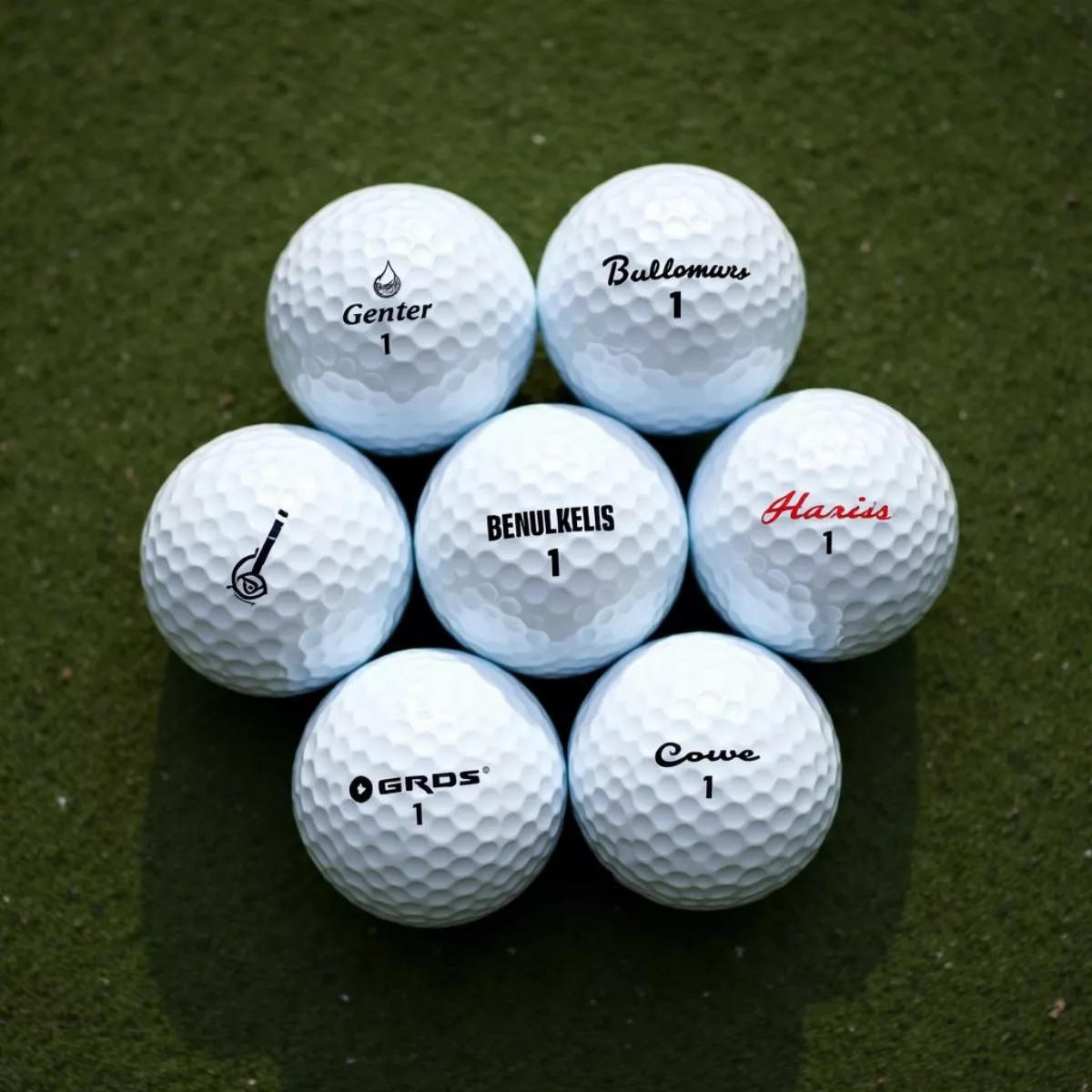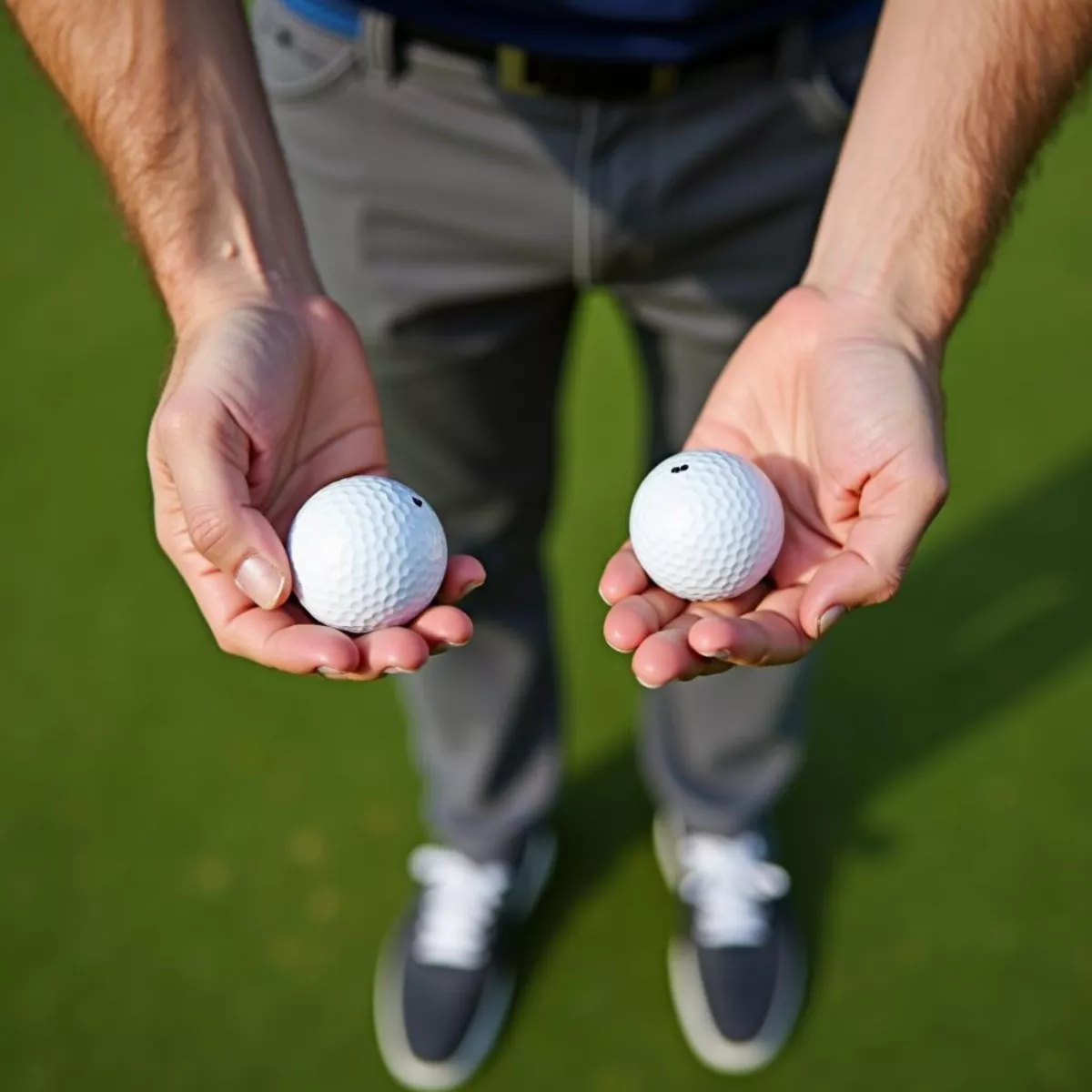When it comes to golf, distance is often a key factor, especially for those looking to improve their game. Having the right equipment can make a world of difference, and that’s where long distance golf balls come into play. Whether you’re a weekend warrior or a seasoned pro, using the right ball can help you maximize your swing and reach your goals on the course.
In this guide, we’ll explore the best long distance golf balls available today, discussing their features, benefits, and how they can enhance your golfing experience. Get ready to drive further and more accurately!
Why Use Long Distance Golf Balls?
Long distance golf balls are specifically designed to maximize distance while providing excellent feel and control. Here’s what makes them stand out:
- Lower Compression: Many long distance balls are lower in compression, making them easier to compress during a swing. This leads to greater launch speed and increased distance.
- Aerodynamic Design: They often feature a dimple pattern optimized for reducing drag. This allows the ball to maintain its speed and launch higher, resulting in longer flights.
- Material: Long distance golf balls are typically crafted from a combination of durable materials designed for maximum energy transfer.
- Enhanced Feel: Despite being designed for distance, many of these balls still provide a good feel around the greens, enabling better short-game control.
 Golf Ball in Flight
Golf Ball in Flight
Top Long Distance Golf Balls
Here’s a look at some of the best long distance golf balls currently on the market:
1. Titleist Velocity
- Compression: 70
- Cover Material: Ionomer
- Dimple Pattern: Spherically tiled 350
- Key Features: Exceptional distance on all shots, great ball speed due to its high-energy core.
2. Callaway Supersoft
- Compression: 38
- Cover Material: Ionomer
- Dimple Pattern: Hex Aerodynamics
- Key Features: Soft feel, low spin for enhanced distance, and excellent greenside control.
3. Srixon Q-Star Tour
- Compression: 75
- Cover Material: Urethane
- Dimple Pattern: 338 Speed dimple
- Key Features: Combines distance with enhanced greenside performance, durability.
4. Taylormade Noodle Long & Soft
- Compression: 40
- Cover Material: Ionomer
- Dimple Pattern: 342 dimples
- Key Features: Very affordable, fantastic distance with a soft feel.
5. Bridgestone e12 Contact
- Compression: 50
- Cover Material: Surlyn
- Dimple Pattern: 326 dimples
- Key Features: Unique design for increased contact at impact, yielding increased ball speed and distance.
 Golf Ball Selection
Golf Ball Selection
Comparison Table
Here’s a straightforward comparison of these top contenders:
| Ball Model | Compression | Cover Material | Key Features |
|---|---|---|---|
| Titleist Velocity | 70 | Ionomer | Exceptional distance, high energy core |
| Callaway Supersoft | 38 | Ionomer | Soft feel, low spin, excellent greenside control |
| Srixon Q-Star Tour | 75 | Urethane | Distance with enhanced greenside performance, durable |
| Taylormade Noodle | 40 | Ionomer | Affordable, great distance, soft feel |
| Bridgestone e12 Contact | 50 | Surlyn | Increased contact, high speed and distance |
Choosing the Right Ball for You
Selecting the best long distance golf ball can depend on several factors, including your personal preferences, playing style, and skill level. Here are some tips to help you make the right choice:
- Assess Your Swing Speed: Players with faster swing speeds might benefit from balls with higher compression, while those with slower swings might prefer lower compression balls.
- Consider Feel: Some players prioritize a soft feel around the greens and may prefer balls designed for that, even if they sacrifice a bit of distance.
- Cost Matters: If you’re prone to losing golf balls often, you might want to opt for a more affordable option like the Taylormade Noodle.
- Test and Experiment: It’s always a good idea to test out different balls to see which one feels the best for your unique swing.
 Golfer Selecting a Ball
Golfer Selecting a Ball
Key Takeaways
- Long distance golf balls are crucial for maximizing performance on the course.
- Key features include lower compression, aerodynamic designs, and durable materials.
- Pick a ball that matches your swing speed and playing style.
- Always consider your budget when selecting a golf ball.
Frequently Asked Questions (FAQ)
1. How do I know if a golf ball is considered “long distance”?
A long-distance golf ball typically features lower compression and is engineered to reduce drag, allowing for greater flight distance.
2. Can I use long distance balls for putting?
While these balls may provide a distance advantage when driving, many long-distance golf balls also have features that help with putting, like soft feel and better control.
3. Do professional players use long-distance golf balls?
Yes, many professionals select balls designed for distance, but they often look for a balance of distance and control, especially around the greens.
4. Why do some balls feel harder than others?
The feel of a golf ball is influenced by its cover material and compression rating. Softer materials like urethane provide a more cushioned feel.
5. How much difference does golf ball technology really make?
The right golf ball can significantly enhance performance, affecting distance, trajectory, and control. Selecting a ball that complements your swing can lead to improved scores.
6. Are more expensive balls always better?
Not necessarily. The best ball for you depends on your skill level, swing speed, and personal preference. A less expensive ball may perform just as well for many golfers.
7. Should I stick to one type of ball?
While it’s recommended to become familiar with one ball, experimenting with different types may lead you to discover balls that better suit your game.
8. Can changing my ball improve my game?
Yes, using a ball that matches your playing style and needs can help increase your distance and accuracy, thus improving your overall performance on the course.
9. What’s the most common mistake golfers make when choosing a golf ball?
Many golfers select a ball based solely on brand reputation or marketing rather than evaluating how it fits their game and preferences.
10. Can I mix brands of golf balls?
While you can mix brands, it’s often better to stick to one brand and model during a round to maintain consistency in feel and performance.
By incorporating the right long distance golf balls into your game, you’re sure to experience improved performance. Remember to test a few, find what works best for you, and enjoy the time spent on the course! Happy golfing!